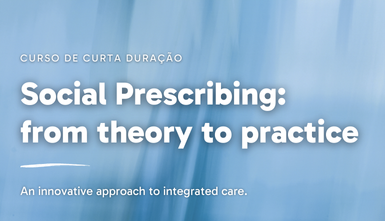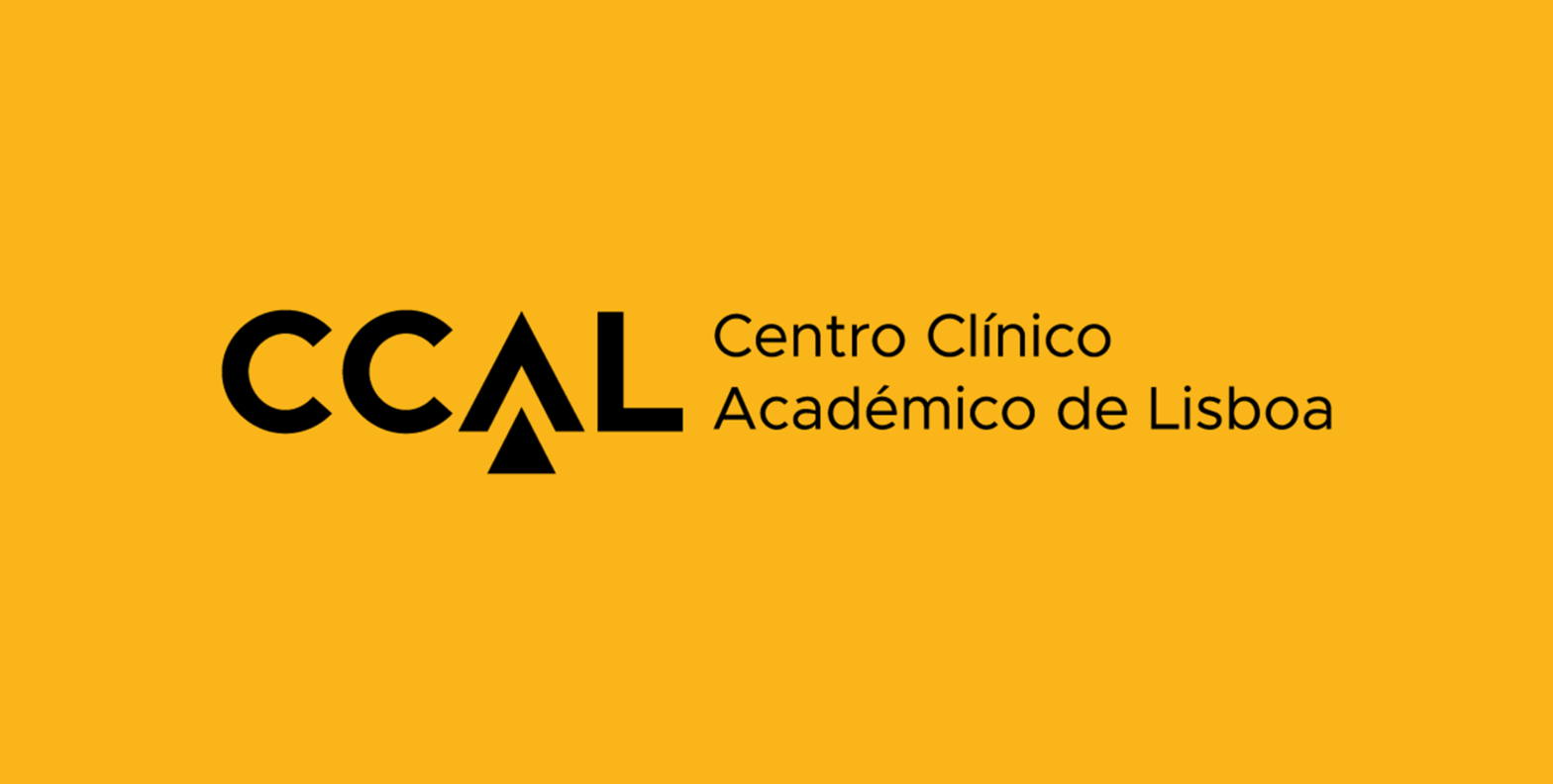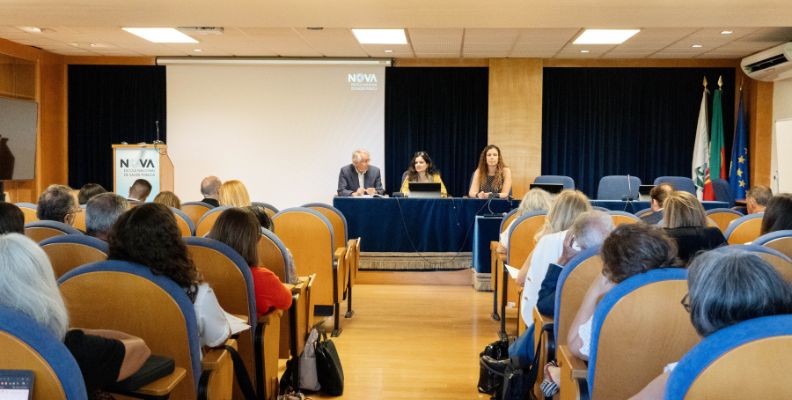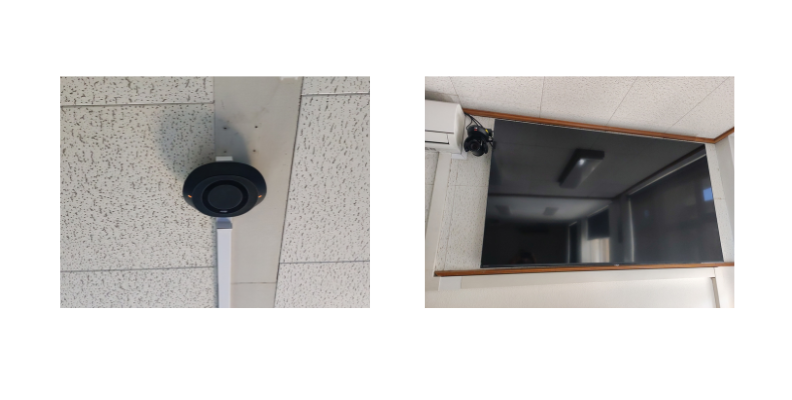
Discover the International Course on Health and the Environment!

New Editions of the Social Prescription Course






Applications for research support under the Research Funding Scheme of the Lisbon Academic Clinical Centre (CCAL), of which the NOVA National School of Public Health (NOVA NSPH) is a member, are open until 15 September.
A total of €36,000 is available for allocation to the following types of projects: research publication – up to €2,500; small-scale projects – up to €5,000; use of the NMS Biobank – up to €2,000.
This year’s support scheme includes several updates compared to previous editions, namely:
In recent years, CCAL has seen a 50% increase in applications and has tripled the number of grants awarded.
Applications can be submitted via a form available on the CCAL website, under the “Support for my research” section, accessible here.
Please consult all application conditions.

The NOVA National School of Public Health (NOVA NSPH) hosted a workshop organised by the National Health Council (CNS) and the World Health Organization (WHO), focused on Social Participation in Health in Portugal.
The event, held on 27 June 2025, brought together representatives from public institutions, civil society organisations, healthcare professionals, academics, and policymakers to engage in a structured reflection on how to achieve greater and more effective citizen involvement in health decision-making processes.
The opening session featured Dheepa Rajan, representing WHO, and Vítor Ramos, President of the CNS.
“Citizen participation in health is not optional; it is imperative. Health systems are only truly strong, resilient, and sustainable when they are built with people and for people,” said Sónia Dias, Dean of NOVA NSPH, in a message read during the event.

Throughout the day, participants were divided into several thematic working groups that addressed key issues such as health literacy, models of local participation, the role of patient associations, and institutional mechanisms for engaging civil society. The diversity of experiences and perspectives shared contributed to a rich and cross-cutting reflection on current challenges.
One of the main commitments made was to compile and systematise the contributions from the various working groups into a final conclusions report, which will be made publicly available. This initiative reinforced the participatory nature of the workshop and its potential to generate real impact in shaping more inclusive public policies that are aligned with the needs of communities.
In her message, the Dean of NOVA NSPH also emphasised the importance of ensuring that citizen empowerment is accompanied by the creation of genuine spaces for participation, accessible, transparent, and with practical outcomes. She further highlighted that NOVA NSPH will continue to invest in this path, namely through the Academy for the Empowerment of Patient Associations (ACAD) and the future Public Health Innovation Centre, currently under development.

The National School of Public Health at NOVA University of Lisbon (NOVA NSPH) is moving forward with the SAPIEN – South and Atlantic Pedagogical Innovation & Excellence Network project, an initiative funded by the Recovery and Resilience Plan (PRR), as part of the Impulso Mais Digital – Pedagogical Innovation and Modernisation in Higher Education, specifically the component for creating Centres of Excellence in Pedagogical Innovation.
This measure aims to encourage innovative teaching practices with a strong digital element, with a particular focus on traditionally less technological areas such as the social sciences, humanities and arts. In the case of NOVA NSPH, the project is particularly important in the field of Public Health, at a time when the sector is facing growing challenges such as new health threats, the impact of global crises and the need to strengthen the resilience of health systems.
The component coordinated by NOVA NSPH is centred on creating advanced pedagogical conditions for training in Public Health, with special emphasis on active learning, the use of digital methodologies and the simulation of real scenarios, bringing teaching closer to the concrete challenges faced by health professionals.
The SAPIEN project contributes directly to the development of essential skills in the areas of organisational health management, large-scale data analysis and decision support in critical contexts. This approach will enable a real structural transformation of Public Health and Health Management teaching, promoting innovative, interactive learning environments geared towards solving real problems.
The investment made under SAPIEN will enable NOVA NSPH to create additional conditions for the development of simulation methodologies applied to Public Health management, with a focus on the simulation of strategic scenarios, resource optimisation and data-based training. This approach also contributes to the development of innovative teaching models, with practical application in real-world contexts.
SAPIEN reflects ENSP NOVA’s commitment to transforming public health teaching by combining innovation, technology and pedagogical excellence, in line with national and European priorities in the field of digital transition and strengthening citizens’ qualifications. This project is part of ENSP NOVA’s wider strategy to prepare professionals capable of responding critically and in an informed manner to global health challenges.

(Example images of some equipment)

Find out more about the PRR at: www.recuperarportugal.gov.pt.
Project funded by the PRR – Recovery and Resilience Plan, by the European Union.
